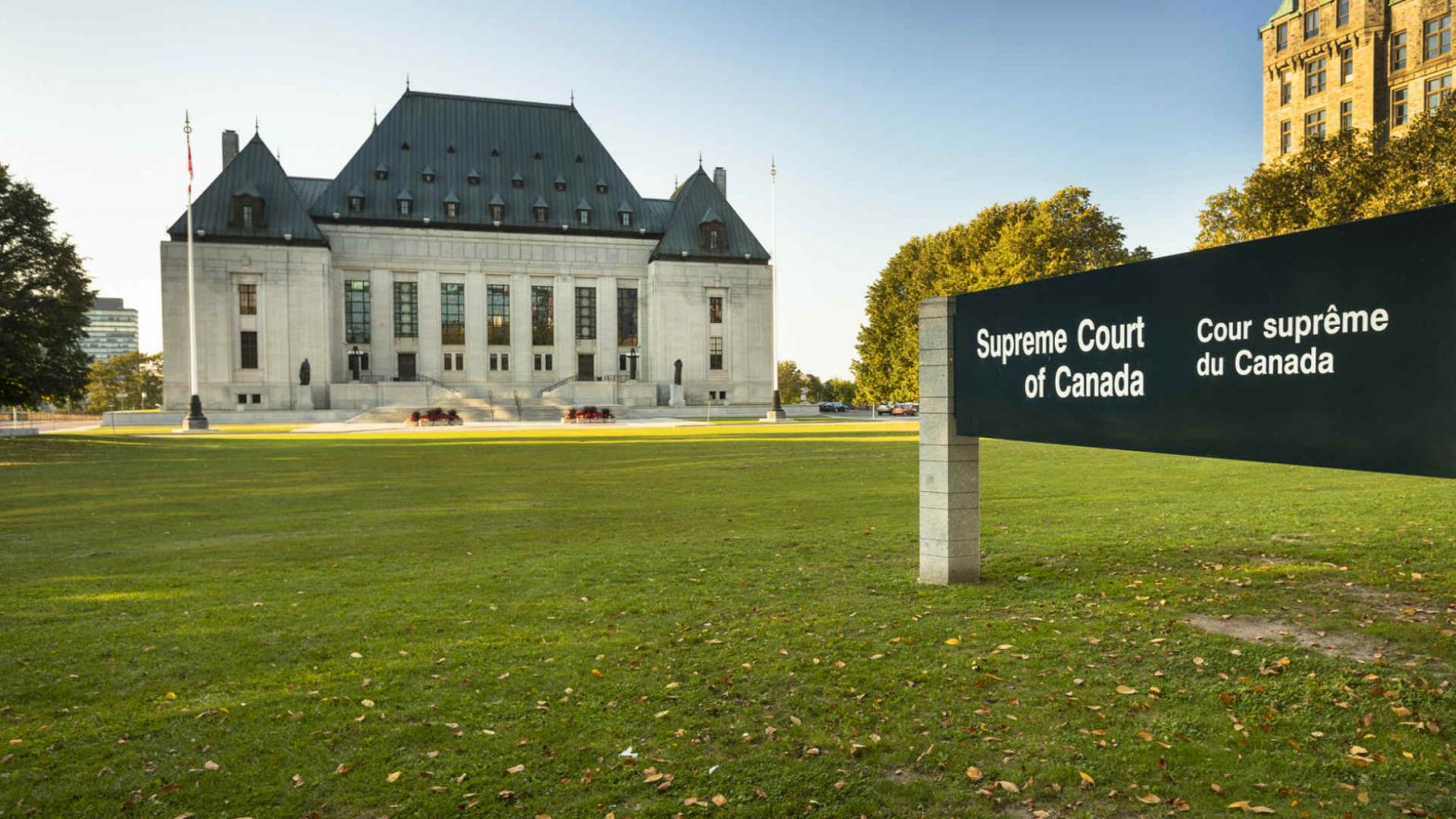
Family Mediation Settlement Privilege lawyers discuss the recent Supreme Court of Canada decision of Bouvier. In today’s blog, by Peter Graburn, we discuss the rules on when settlement details from a family mediation can be disclosed. Our family lawyers act across British Columbia and in Calgary and Toronto.
Family Mediation Settlement Privilege 1 877 602 9900
It is generally agreed that Mediation – Arbitration is the better way (than Court) to resolve family law disputes. In previous articles Toronto Family Law Mediation / Arbitration:, we discussed the four “C” benefits of Mediation – Arbitration, namely:
- Control – more direct input and control over the process and decisions;
- Creativity – ability to craft a more practical and creative resolution;
- Cost – in time, money and emotions, and;
- Confidentiality – private, voluntary and confidential.
Confidentiality in family law disputes is often very important, particularly in high profile or high net-worth separations. But what makes discussions and agreements reached during the Mediation – Arbitration process confidential? And what happens if, after confidential discussions lead to a mediated agreement, that agreement is never finalized in a Separation Agreement? A recent decision of the Supreme Court of Canada attempts to clarify the issue of confidentiality and settlement privilege in the context of mediation of family law disputes.

What Is Family Settlement Privilege?
In order to encourage settlement, discussions leading up to a mediated agreement are covered by the legal principle of settlement privilege. Settlement Privilege is a rule of evidence that renders certain discussions and documents made as part of an effort to settle legal disputes inadmissible in Court proceedings (ie. “without prejudice” discussions or documents), whether settlement is ever reached or not. However, there are certain exceptions to this general rule of privilege, including (aside from negotiation ‘misconduct’ such as threats, fraud, misrepresentation or intention to commit a criminal act) if the fact (existence) or terms (scope) of the settlement agreement needs to be proven in Court (the ‘settlement exception’). Usually Settlement Privilege will cover most negotiations and agreements reached in mediation.
The Supreme Court of Canada has long supported the principle of Settlement Privilege in the mediation process. In the Family Mediation Settlement Privilege case of Union Carbide Canada Inc. v. Bombardier Inc. (2014 SCC 35), the Court stated (at para.’s 1, 31 and 32):
“This Court recently confirmed the vital importance of the role played by settlement privilege in promoting the settlement of disputes and improving access to justice: Sable Offshore Energy Inc. v. Ameron Int. Corp 2013 SCC 37… (Settlement Privilege) promotes honest and frank discussions between the parties, which can make it easier to reach settlement… Encouraging settlements has been recognized as a priority in our overcrowded justice system, and settlement privilege has been adopted for that purpose…”
However, the Court also supported the ‘settlement exception’ to the general principle of Settlement Privilege when it comes to having to prove a negotiated settlement in Court, stating (at para. 35):
“The rule is simple, and it is consistent with the goal of promoting settlements. A communication that has led to a settlement will cease to be privileged if disclosing it is necessary to prove the existence or the scope of the settlement. Once the parties have agreed on a settlement, the general interest of promoting settlements requires that they be able to prove the terms of their agreement. Far from outweighing the policy in favour of promoting settlements (Sable Offshore, at para. 30), the reason for the disclosure – to prove the terms of settlement – tends to further it. The rule makes sense because it serves the same purpose as the privilege itself: to promote settlements.”
But Union Carbide (and Sable Offshore Energy before it) were commercial, civil cases. How does Settlement Privilege, and more importantly, the ‘settlement exception’ to mediated agreements, apply in the family law context?
“Vulnerable Spouses” 1 877 602 9900
The Supreme Court of Canada recently upheld (in a split 6-3 decision) the ‘settlement exception’ to Settlement Privilege in the family law context in the case of Association de mediation familiale du Quebec v. Bouvier (2021 SCC 54), where Justice Kasirer for the majority held (at para. 8):
“Given the significance of the procedural safeguards inherent in family mediation, it is, in my respectful view, an error to insist on the absolute nature of confidentiality. A rule of absolute confidentiality might not only deflect family mediation from its participatory and consensual foundations, but also undermine the parties’ adherence to this process for resolving their dispute, or even to the settlement itself. To reject the settlement exception in Union Carbide in favour of absolute confidentiality would interfere with the primary objective of family mediation, which is to reach an agreement resolving an existing or anticipated dispute.”
The “procedural safeguards” referred to above include the “two actors” involved in the family mediation process in Quebec to protect “vulnerable spouses”, including a government-certified mediator chosen by the parties and a judge who is asked to confirm any mediated agreement (para. 7).
But what if such safeguards do not exist in the mediation process? What if no (government sanctioned) safeguards exist to protect the disclosure of confidential discussions or documents against “vulnerable spouses”.
The minority of the Court disagreed with the majority, stating (at para. 133) that “[r]ules relating to the confidentiality of settlement negotiations applied in civil and commercial cases cannot simply be transposed to the family law context”, noting the unique nature of family law settlements (as per Justice Karakatsanis at para. 134):
“Our Court has long recognized that family law settlements are unique. In decisions spanning at least four decades, this Court has highlighted the central reality of vulnerability in family negotiations; the importance (and limitations) of legal representation to address that vulnerability; the need for distinct modes of calculating spouses’ economic contributions; the critical role of disclosure and informational symmetry; the influence of negotiations upon children; and the difficulties of balancing personal autonomy of spouses to arrange their affairs, with rights granted under family legislative regimes. It has resisted importing principles that apply to commercial settlements into the family context, accepting that principles appropriate to other settings are often ill suited to address the issues that arise in the wake of a family breakdown… The two realms have developed separately for good reason. I would not depart from that approach in this case.”
So the law is clear: in Quebec, under its government-sponsored family law mediation program (and its inherent procedural safeguards), the ‘settlement exception’ to the principle of Settlement Privilege applies to allow parties to prove the existence and scope of the mediated agreement in order to protect vulnerable spouses from spouses acting in bad faith in the negotiation and enforcement of those agreements. Absolute confidentiality does not apply under that program.
But outside Quebec? Not so clear.
What is clear is the unique nature of family law and negotiated settlements of family law disputes. In no other context are spouses (usually) involved in such a situation “often wrought with emotional turmoil, power imbalance and vulnerability” (Bouvier at para. 135).
What is also clear is the need for Independent Legal Advice (ILA) in this process, whether in signing a Mediation Agreement or participating in mediation discussions and settlement.
If you have a Family Mediation Settlement Privilege question call us across Canada toll free at 1 877 602 9900.








